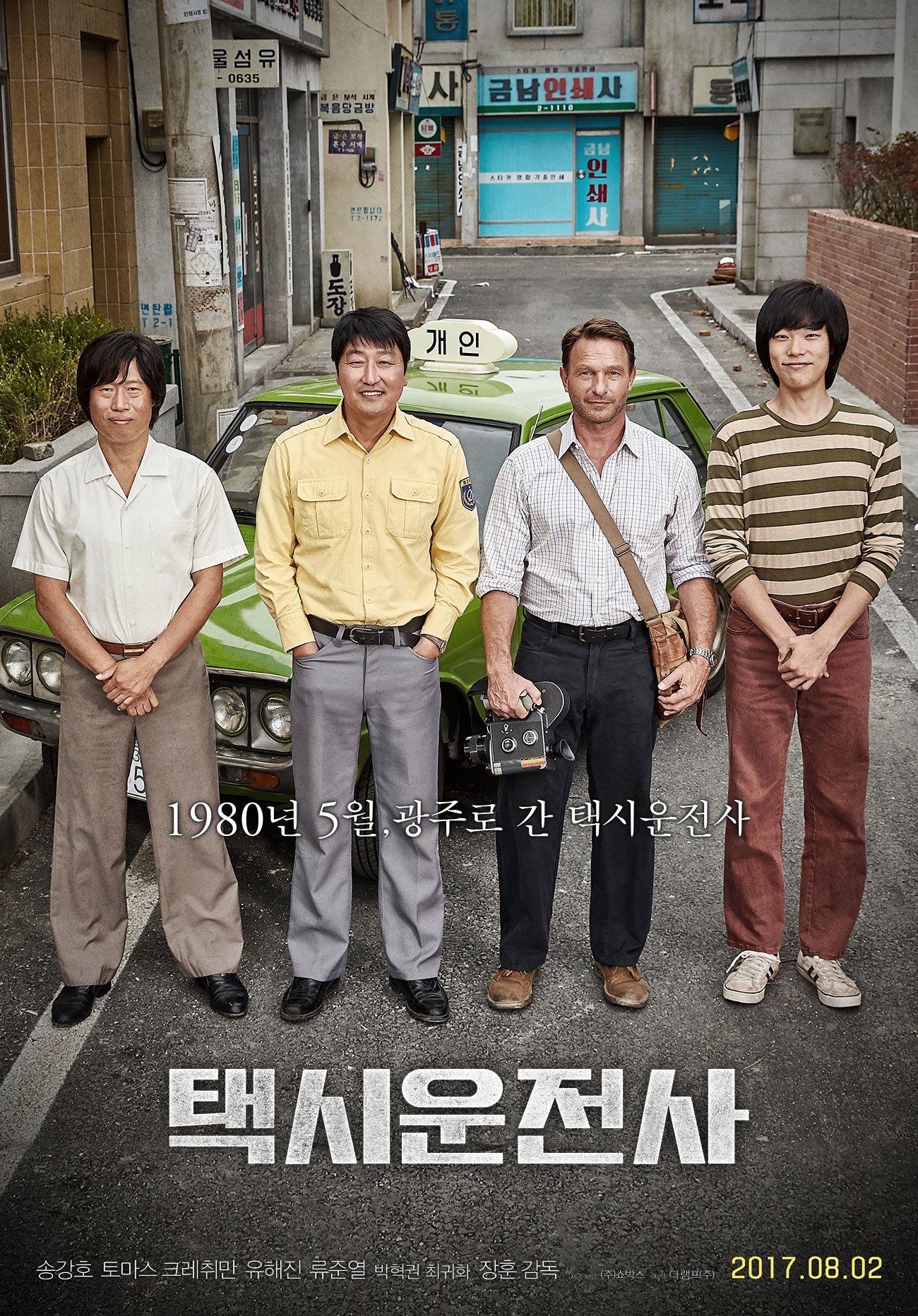
The conflicts began when brigadier general, Doo-Hwan Chun became the chief of the Korean Central Intelligence Agency under president Kyu-Hah Choi. According to Britannica, in the city of Gwangju during May of 1980, about 250,000 people participate in a protest against the the military rule of South Korea in the hopes of initiating democratic reform.

It is difficult to briefly summarize the Gwangju uprising in a short article, but the following will attempt to summarize this crucial moment in South Korean history. Had this film not been released, younger generations and people who were not exposed to Hinzpeter’s report would most likely have little to no knowledge about the Gwangju uprising, which was a pivotal moment in modern South Korean history. In 1980, there was a real German reporter, Jurgen Hinzpeter, a real South Korean taxi driver, Sa-bok Kim, and an actual tragedy that took place in Gwangju. It can be argued that like many other historical films, it was dramatized and sensationalized, but there was still an element of authenticity to the story. This film won three awards and was nominated for fifty awards that covered all areas ranging from best actor and director to best cinematography and music. This film was directed by Hun Jang with a cast of well-renowned South Korean actors, as well as a German actor who brought this story to life. Like several other recent South Korean Films, A Taxi Driver, is a film based on a true story of a German reporter and a Korean taxi driver trying to safely make their way into the city of Gwangju to expose to the world the truth behind the atrocities taking place against the people of Gwangju. This is the experience that I had watching a film earlier this fall. Such films could introduce people to aspects of the past that can be best expressed through a visual medium and it can evoke further inquiry into the subject matter. Though it seems that even with such issues, there is always something that a person can learn about history through films. Booking is available through Eventfinda.įREE EVENT with general admission (first-come, first-served seating).There has long been a debate as to whether history can or should be taught through film because of conflicts with historical accuracy and truthfulness. This documentary will be able to fulfil your curiosity, including when K-pop became popular in New Zealand, how many K-pop fans are there, who they are and what activities they do, and the future of K-pop in New Zealand.īooking is required. A Taxi Driver screens with – K-Pop in New Zealand The documentary "K-Pop in New Zealand" explores the charm and meaning of K-pop by interviewing nearly 100 New Zealand fans who have met at various K-pop events since 2015. Man-seob takes the job and the two start off on their journey together. Not knowing that the foreigner is a German journalist with a hidden agenda to investigate the strange rumors of Gwangju, South Korea.


One day, he hears that there is a foreigner who’s willing to pay big money for a drive down to Gwangju city and back. Man-seob (SONG Kang-ho) is a taxi driver in Seoul who lives from hand to mouth, raising his young daughter alone after his wife past away with high hospital bills behind. O A Taxi Driver *Screening with a special documentary The film will be in Korean with English Subtitles:

This year’s festival brings together some of the most popular and ground-breaking films. Organised by the Korean Embassy in Wellington, the Korean Foundation Organization and the Korean Cinerama Trust, the Korean Film Festival is an annual event that promotes cultural exchanges between Korea and New Zealand. 2021 Korean Film Festival returns this year with an exceptional opportunity to enjoy seven well-selected Korean films to Wellington on 3-4 December at the Embassy Theatre.


 0 kommentar(er)
0 kommentar(er)
